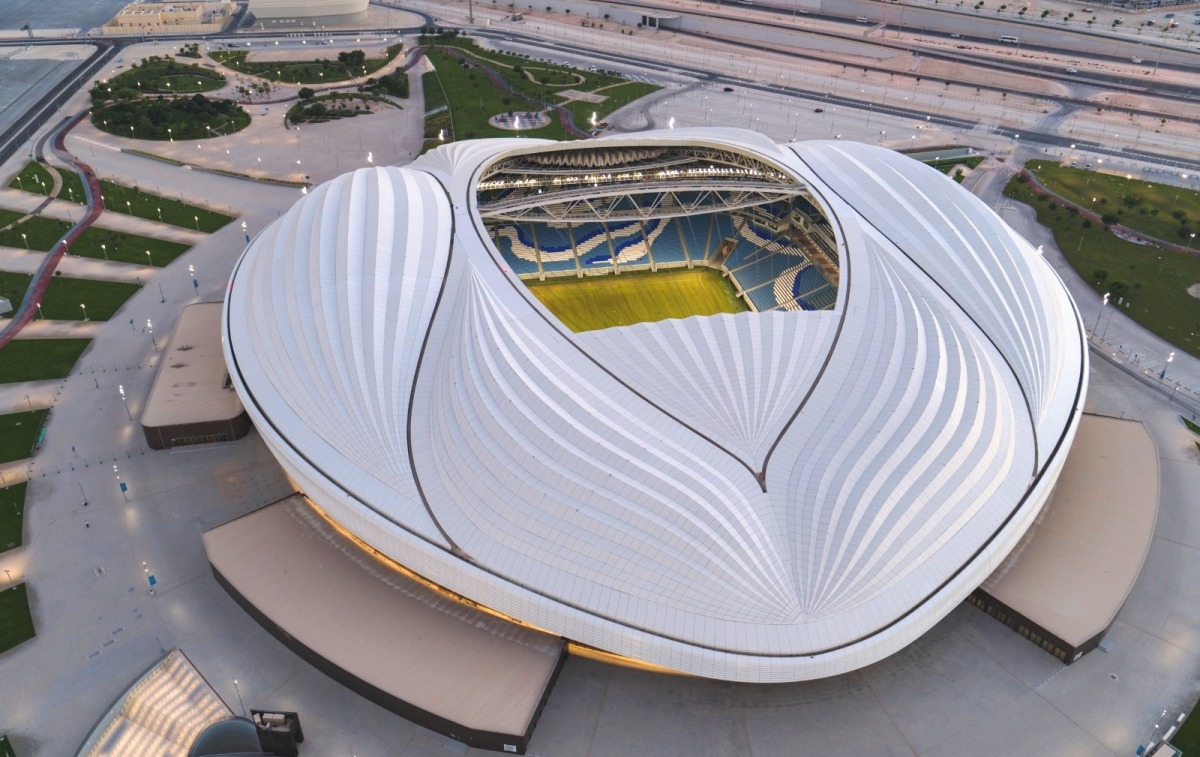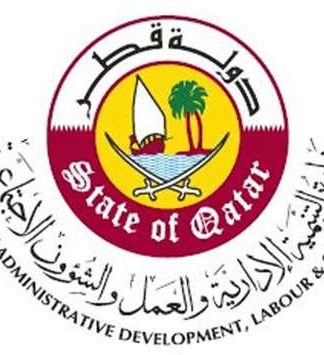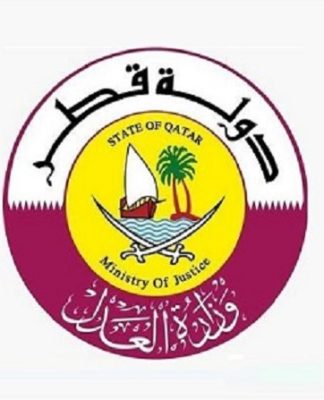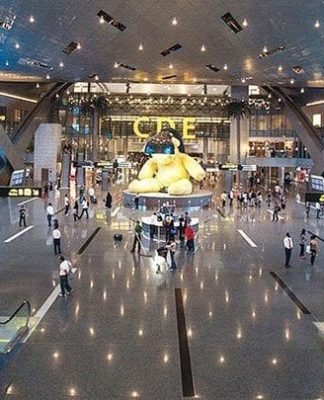
Al Janoub Stadium
Al Janoub Stadium, one of the eight stadiums for the FIFA World Cup Qatar 2022™, has received the Global Sustainability Assessment System (GSAS) certificate from the Gold category in operation, in recognition of the commitment to sustainability standards in operations at the stadium, which is the first fully built stadium specifically to host the upcoming tournament. end of this year.
By obtaining the “GSAS” gold certificate in operation, which is considered the highest rating in sustainability from the Gulf Organization for Research and Development (GORD), Al Janoub Stadium becomes the first World Cup stadium to be awarded the three “GSAS” certificates, having previously obtained the design and practice certificates. Building.
The ceremony of handing over the prestigious certificate was attended by representatives of the Supreme Committee for Delivery & Legacy, the International Football Association (FIFA), the Gulf Organization for Research and Development (GORD), and Musanada, which specializes in facilities management services.
Engineer Ghanem Al-Kuwari, Deputy Director General for Technical Services at the Supreme Committee for Delivery & Legacy, said in a speech during the ceremony: “While we continue to set new standards in the field of sustainability, the Supreme Committee is keen to develop skills and capabilities, and improve the level of operations and resources in the facilities management sector. And construction in Qatar, to ensure that the World Cup stadiums meet all aspects of sustainability.”
He added, “We held comprehensive training courses during the evaluation process before obtaining the certificate, to ensure the best possible results for Al Janoub Stadium, and for our team that operates the unique World Cup edifice.”
For her part, Eng. Bodour Al Meer, Director of Sustainability and Environment Department at the Supreme Committee for Delivery & Legacy, pointed out that obtaining this prestigious certificate is a clear evidence of the continuous efforts to fulfill the commitments of the sustainability strategy for the 2022 World Cup Qatar, and expressed her pride that Qatar is the first host country of the World Cup. These extended assessments are based on stadium operations.

Dr. Yousef Al-Horr, founder and chairman of the board of directors of the Gulf Organization for Research and Development (GORD), said that Al Janoub Stadium is the first stadium in the Qatar 2022 World Cup to obtain the three certificates with such advanced classifications for sustainability, noting that the stadium before being granted the golden certificate for sustainable operation, it had previously obtained It has a four-star design and construction certification, and a Class A construction management certification.
Al Hur added: “Al Janoub Stadium witnessed a comprehensive review and evaluation process since the early stages of the project, starting from the initial planning and design, to the construction and actual operation of the stadium, thanks to the serious commitment of the Supreme Committee and FIFA, which contributed to enhancing the level of awareness among audience by integrating the culture of sustainability with the enjoyment of attending sporting events.”
Al-Horr expressed his pride in the participation of the Gulf Organization for Research and Development in this distinguished project, on the path towards building a society that supports sustainable practices in construction and facilities management.
In the same context, Federico Edici, Director of Sustainability and the Environment at FIFA, said: “The Supreme Committee took the initiative to obtain the green building certificate for the sustainable operation of the World Cup stadiums, a step that FIFA has adopted since the early stages of design and construction of stadiums. Fulfilling the aspects of sustainability is a leading standard of great Its application is not only in Qatar 2022 stadiums, but also in other stadiums that will witness the next editions of the World Cup.”
The requirements for the certificate of sustainable operation obtained by Al Janoub Stadium include a follow-up to previous evaluations during the design and construction phases, in which the actual energy and water consumption of the stadium, waste management practices, indoor air quality, the level of fan satisfaction during matches hosted by the stadium, as well as the management practices of the stadium were evaluated. The facilities in the stadium, which will witness seven matches in the World Cup at the end of this year.
Al Bida Tower, the headquarters of the Supreme Committee for Delivery & Legacy, was awarded the GSAS certificate in operation, becoming the first building in Qatar to be awarded this prestigious certificate, in recognition of its application of sustainable operating standards in energy and water provision, waste recycling, and facilities management.
It is noteworthy that the Global Sustainability Assessment System (GSAS) program is the first of its kind in the Middle East and North Africa, and is concerned with evaluating the performance of infrastructure projects and green buildings, and aims to promote sustainable construction and create a sustainable urban environment that contributes to reducing the negative environmental impacts resulting from projects Urban expansion, reduce energy consumption, and rationalize the consumption of resources, taking into account the requirements and nature of the Gulf environment.






























